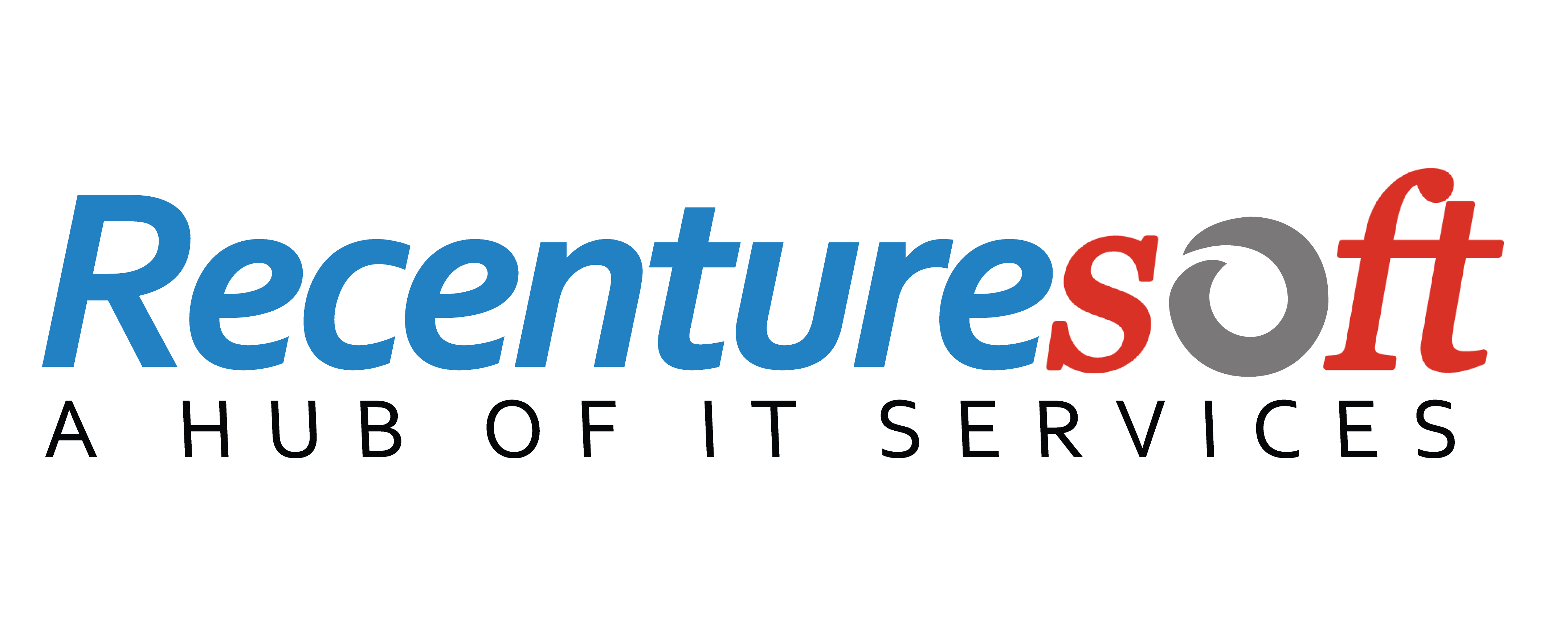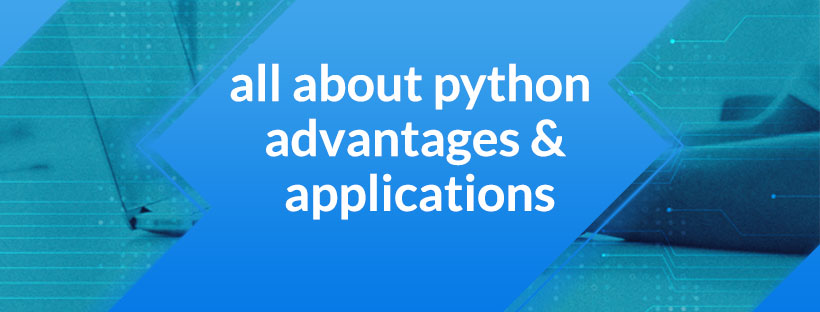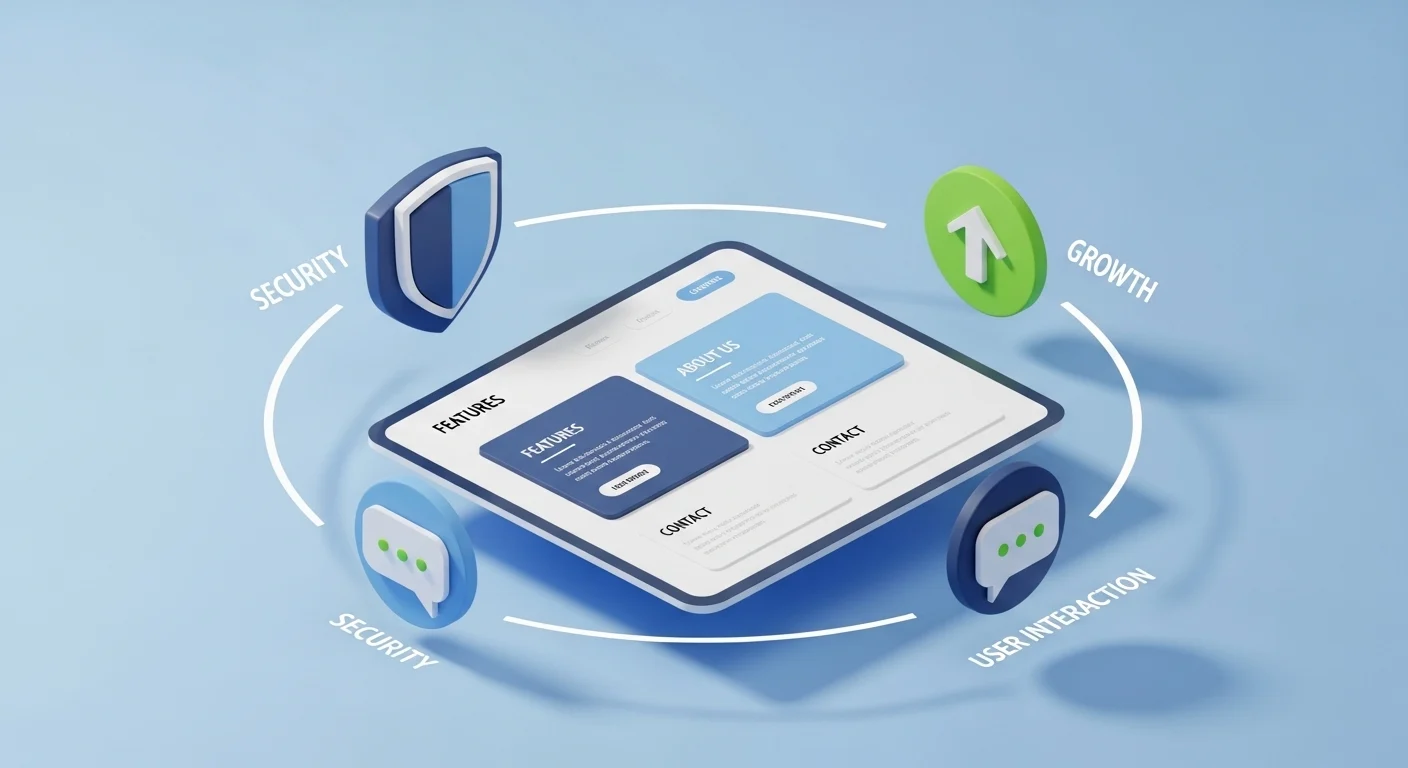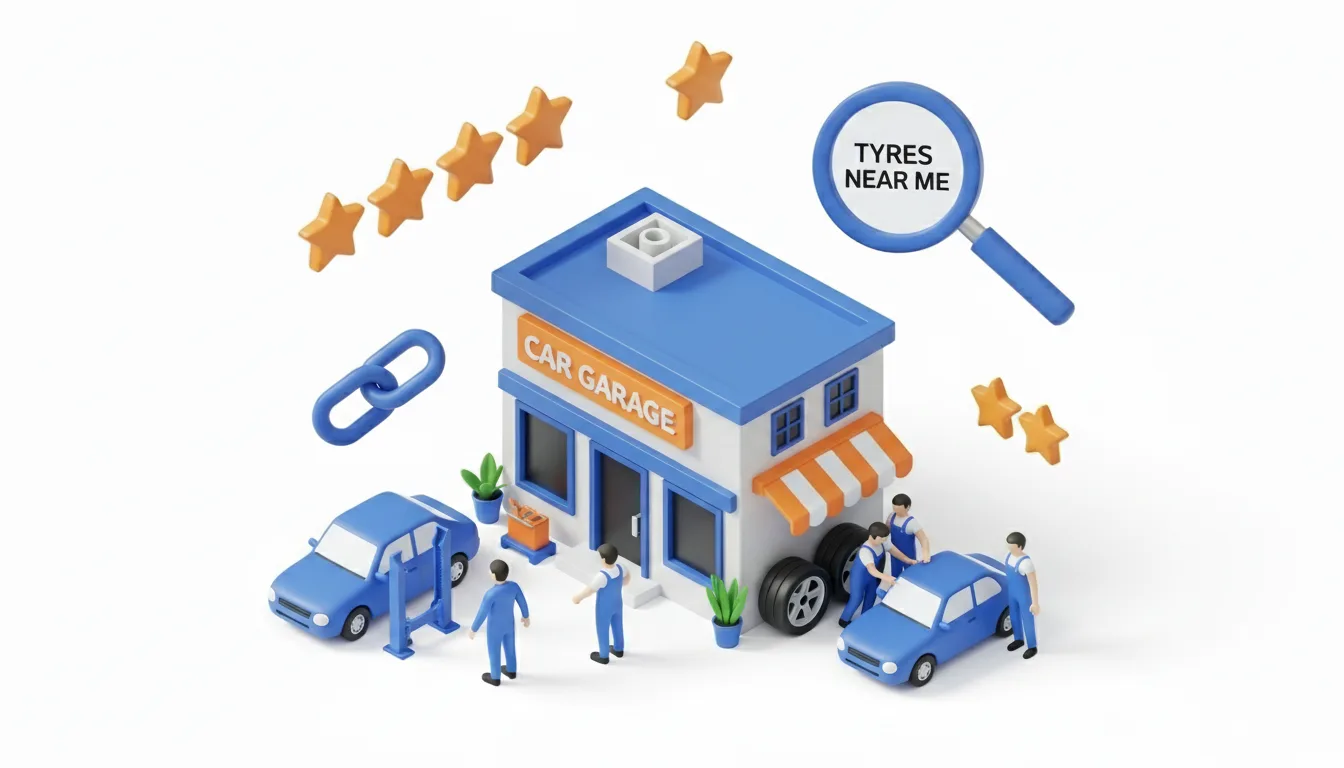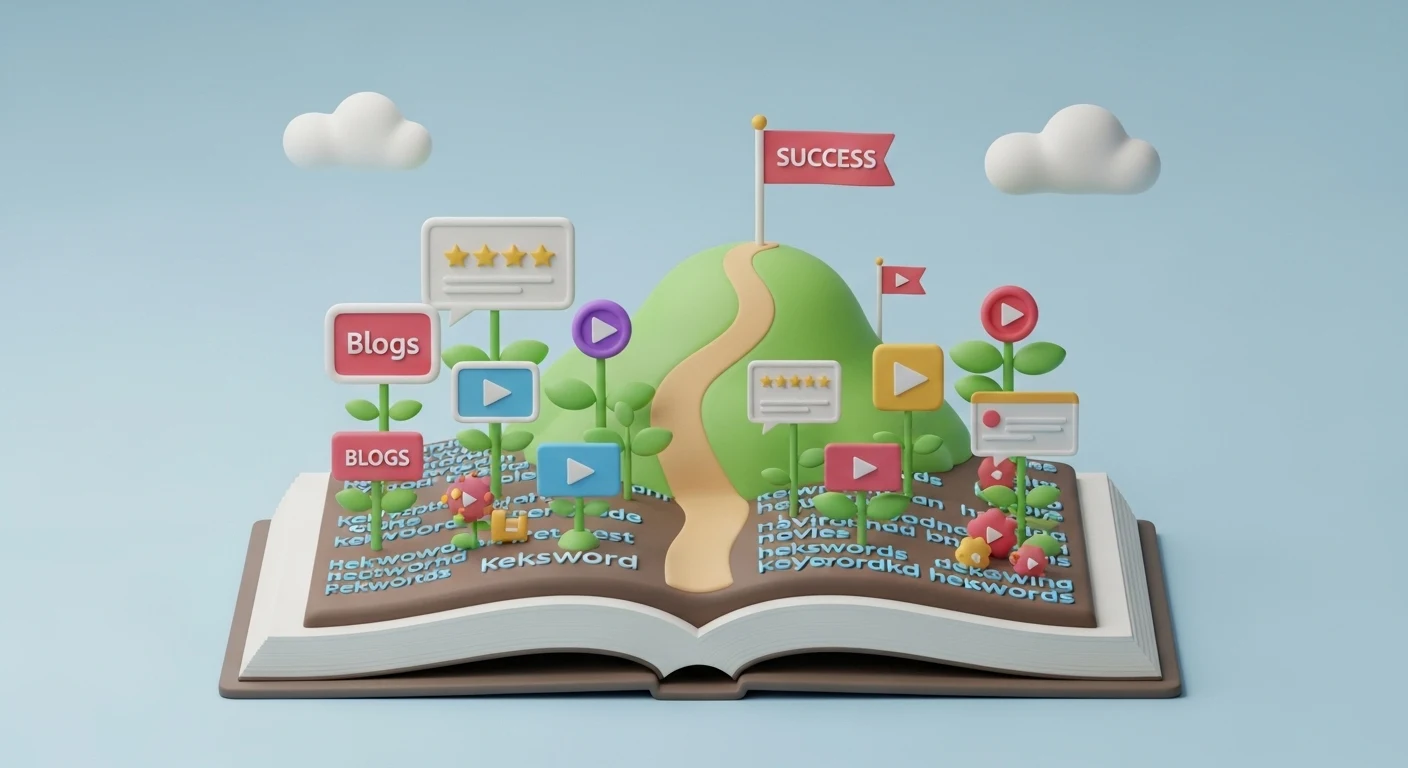A high-level, translated and general-purpose nonlinear programming system, Python emphasises readability. There are fewer stages than in Java and C. It was created by Guido Van Rossum in 1991. Python is one of the world's most widely used and fastest-growing programming languages. Python is a strong, versatile, and easy-to-use programming language. There are many python language advantages and applications too. In contrast, the locals are actively engaged in the area. As a result, it is widely employed in a variety of industries. It also manages memory automatically.
Advantages of python
Here are some of Python's advantages:
Reading, Learning, and Writing are simple
It's a high-level software program with an English-like syntax that is easy to use. Reading and comprehending the code is made much simpler as a result of this. There are many individuals that advocate Python to those just getting started since it is so simple to pick up and understand. Contrary to other prominent languages like C/C++ and Java, you need fewer pieces of code to accomplish the same purpose.
Increase your output
Python is a very efficient programming language that is easy to learn and use. Using Python, coders can concentrate on fixing the issue. They don't have to spend a lot of time getting to grips with the language's syntax or semantics. You can do more with less code.
Interpretation of Language
In other words, Python runs code line by line since it's a programming language. If an error occurs, the programme terminates and sends a report back to the user. Despite the fact that a programme may include numerous mistakes, Python only displays one error message. This helps with debugging.
Stylized dynamically
Until we execute the code, Python has no idea what sort of variable we're dealing with. Throughout execution, it allocates the data type on the fly. All parameters and data types are declared automatically for the operator.
Open-Source software is both free and open to the public
The OSI-approved open-source licence governs Python. As a result, anybody may use and share it for free. Python's source code may be downloaded and modified, and you can even release your own version of the software. Useful for companies who wish to alter certain behaviour and utilise it for growth.
Hundreds of Thousands of Books
Nearly every function you'll need to complete your project is included in Python's source file. So, you don't have to rely on other libraries to run your application`A Python language manager (pip) makes it easy to import other wonderful Plugins from the PPI (PyPi). It has more than 200,000 individual items.
Portability
Changes to your code are required to execute the application on multiple platforms, such as C/C++, in many dialects. That's not the case with Python, which is quite different. Once you've written it, you may run it everywhere. If you add any system-dependent functionality, you should be aware of this.
Python based applications
Python has the following applications:
Web design and construction
For web development and online applications, Python is the programming language of choice. Django and Flask, two of the most popular web platforms, are both open source. You can use Python to create server-side programmes. Frameworks make backend functionality like translating URLs to Program code and interacting with datasets and creating HTML files for the user to see on their device much simpler to construct, as well.
Desktop applications with a graphical user interface (GUI)
Using Python, you may create desktop apps, including their graphical user interfaces (GUIs). With simple syntax and flexible design, Python can be used on a wide range of platforms. As a result, desktop apps may benefit from it.
Calculations in Science and Math
Programmers, physicists, and statisticians alike utilise Python for a wide range of computations. In scientific computations, Python's simplicity and capacity to perform operations on big quantities make it a helpful tool. For analytical and numerical computations, there are a plethora of libraries to choose from.
Applications for the business world
As a result of these and many more advantages, Python has become one of the most popular programming languages. Python is a great tool for customising large-scale applications. In 2005, Python was for use to rewrite Reddit, a prominent Common Lisp-based website. As a result, Python is for use in various YouTube functions as well. Programming ERP and e-commerce systems with Python is an excellent option.
Reasons to use applications using python
Python has a number of advantages over other programming languages, including:
Code that is easy to understand and easy to maintain is called maintainable code.
To make future maintenance and upgrades easier, it's critical to pay attention to the integrity of the original code while creating a new software programme. It is possible to express ideas using just the syntactic rules of Python. Python, unlike some other computer languages, places an emphasis on programming vocabulary and enables you to utilise English terms instead of exclamation marks in your code. As a result, you don't need to write any more code while using Python to create your own unique apps. Maintaining and updating the programme will be easier if the code is easy to read and understand.
There are many different ways to programme
Programming paradigms in Python are much like those in other current languages. Object-orient and hierarchical programming are completely in support of this tool. Aspect-oriented and functional computing are both in support of the language's features. Python's functional programming system and memory management are both built into the language. Using Python's development tools and language capabilities, you may create big and complicated software systems.
Suitable for a wide range of devices and operating systems.
As of now, Python can run on a wide range of operating systems. In fact, Python experts may be in use to execute the code on specified hardware and software. The interpretive nature of Python allows it to be for use in web development. Code can run on different platforms without having to be in recompilation. Thus, you don't need to reload the code after applying any changes to the source code. You don't have to recompile the programme to see the effects of modifications made to the code. Enables the administrator to the code without raising production time.
A well-established library
Python has an advantage over other programming languages due to its vast and comprehensive standard library. You may pick and choose from a broad variety of modules in the source file to meet your specific requirements. You may extend the functionality of your Python programme without having to write any new code by using one of the many modules available. It is possible to implement online services, string manipulations, control the operating system interface or interact with HTTP protocol when creating a web application in Python. Browse through the Python Common Library docs to learn more about different modules.
Conclusion
Python is an easy-to-learn programming language with a wide range of python language advantages and applications. Regardless of skill level, it's a terrific option for everyone. Although there are certain drawbacks, we can see that the benefits much outweigh the drawbacks. Apparently, Google has adopted Python as a key programming language for its own internal use.
